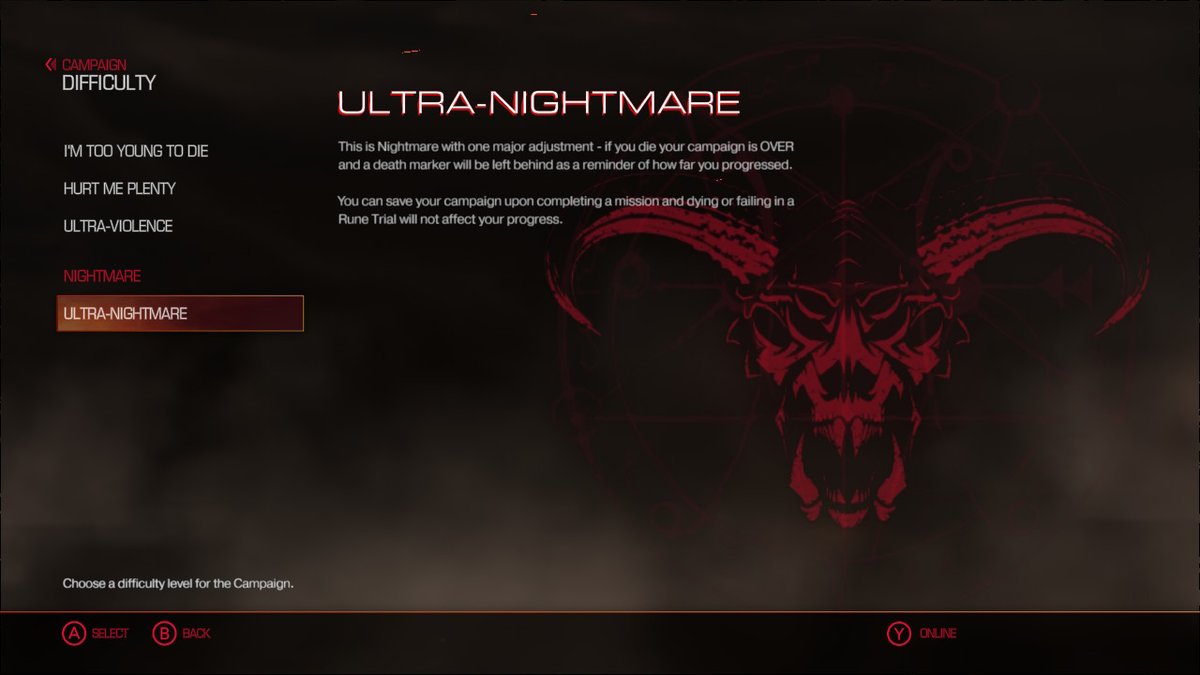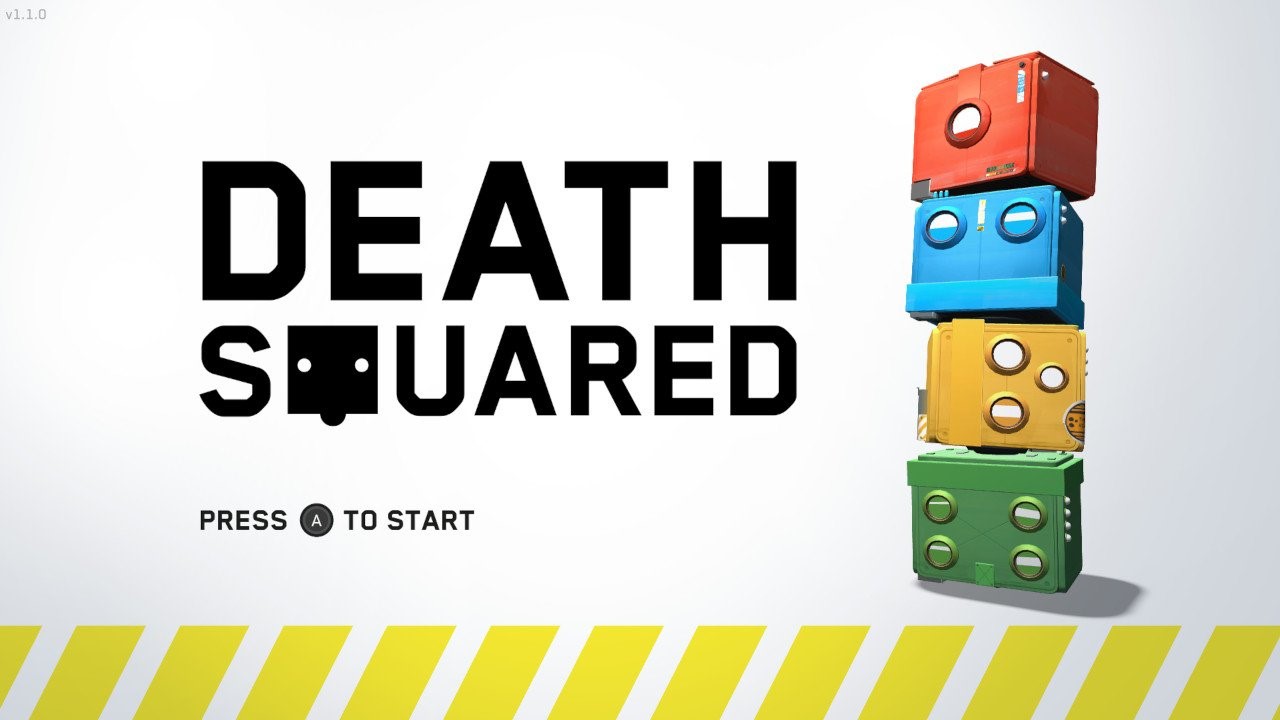Or: How I Judge Myself Based on Someone Else’s Opinions
Not all entertainment or hobbies can be enjoyed by everybody. If you don’t have a basic understanding of film history, you’ll probably not like most arthouse movies. Poetry might be a poison if you believe symbolism and rhythm are conspiracies made by English majors. Things like cooking or sports can be torturous if you don’t have the ability to do either. Even Russian avant-garde classical music is inaccessible if you don’t have a stick up your ass.
Similarly, with video games, your skill level may limit which games you enjoy. Dark Souls Remastered has received considerable praise, but it’s geared more toward seasoned gamers. For any new players, Dark Souls’ immense difficulty will skewer and roast them. No one wants to be punished for trying to have fun. Even masochists can agree with this. I think.
So how do you figure out your skill level? You could use online leaderboards or track your win-loss ratios, but that amount of objectivity is exhausting. Fortunately, I devised a completely arbitrary collection of attributes to judge your gaming abilities. For each attribute, I will give a brief explanation, and you must rate your mastery of that attribute on a scale of 1-5.
A “1” means a sentient garbage fire is better at this skill than you are. A “5” means you kick ass so hard that the donkey population is on the verge of extinction. A “3” shows your ability is somewhere between a living, flaming pile of garbage and unnecessary levels of animal abuse. Your overall score across all categories is irrelevant. Instead, this system reveals your best skills, and this may help you determine which games are for you. It’s like you’re completing one of those Facebook quizzes except you won’t feel shame after this one.

Dexterity
Perhaps the skill most associated with gaming, dexterity determines how well you handle a controller. In a game like Rocket League, you must juggle boosts, the angle of your car, drifting, and successive jumps to pull off spectacular goals. For Fornite, victory favors those who rapidly flit between building components and weapons. In fighting games, stringing together combos will more likely guarantee a win.
If your magic fingers can dance across complex button combinations without errors, you have dexterity. If they can’t, then we don’t want to know why you call them “magic fingers.” Accuracy and precision platforming also fall under this category.

Problem-Solving
Being smart doesn’t mean you know how to problem-solve. Just look at the US federal government. Gamers skilled at problem-solving can look at all the components in a situation and recognize how to use them to win. In Death Squared, all the puzzle pieces are contained on one screen, and good problem-solvers don’t need the internet to find the answer. Strategic skill is one’s ability to address future problems, so those without good problem-solving skills will struggle with the tactical challenges posed by Mario + Rabbids or Disgaea 5. Even resource management in games like Pixeljunk Monsters 2 requires some level of problem-solving.
Note: understanding “video game logic” doesn’t necessarily mean you are an Answer Master. You may know that a crowbar combined with duct tape and a butterfly will get you to the next stage in a point-and-click adventure. This doesn’t mean you know how to solve problems. It means you make sense out of nonsense and could be a good philosopher one day.

Reactivity
Your “twitch” ability relates to how quickly you notice new threats and act against them. Celeste is among the genre of “twitch platformers” which challenge your ability to react to new threats. Of course, you can practice a stage an infinite number of times until you nail the move sequence, but those with good reactivity are more likely to pass a series of obstacles on their first try. With enough desperation, anyone can plod through Thumper, but the real pleasure comes from clearing the entire hellscape with few or any deaths.
Some of you may argue that reactivity is just one aspect of dexterity, and you’d be partly right. Both skills are heavily dependent on each other. You could plow through opponents in DOOM multiplayer purely because of your accuracy, but without good reaction times, you’ll be taken out by the next person to shoot you from behind. It also doesn’t matter how quickly you react if you do nothing. Good dexterity and reactivity are what separates the hunters from those unfortunately killed by wild animals.

Endurance
Sometimes it’s not about how big you come in but how long you can keep it up. Your endurance skill measures your ability to play well over an extended period of time. Take Puyo Puyo Tetris for example. Against a similarly-skilled opponent, the winner isn’t based on who makes the flashiest moves but who screws up fewer times. The longer the round, the more exhausted you feel, and the more likely you’ll put that I-shaped tetromino in the wrong column. Other puzzle games like Lumines and Tumblestone require similar levels of stamina to win the long game.
Endurance also captures your level of patience. In Payday 2, a successful heist depends on waiting for the most opportune moment. For Arena of Valor, your team’s victory may hinge on whether you can defend your lane, regardless of how many opponents bully you. Because many of us are fed on a diet of instant gratification, fast gameplay, and cocaine, patience is not our forte but still massively helpful. As the saying goes, good comes to those who wait and spawn camp.

Flexibility
Some games require you to use every type of skill listed so far. Look at Crawl. You need dexterity to fight well, problem-solving skills to exploit your environment, reactivity to prepare for stage hazards and monsters, and endurance to survive and clinch the victory. Your flexibility skill determines how easily you transition between these skill sets and adapt to your situation. Those without flexibility are easy to read and struggle to win outside of ideal conditions.
You can also measure your emotional stability here. If you panic or get angry when things don’t go your way, you’re inflexible. Apart from ruining the game for others, intense emotions can lose you the game. As such, maximize your flexibility by striving for soulless apathy.

Luck
Ancient tomes speak of three witches who decide how lucky each person is. When a child is born, each witch rolls a six-sided die. If each die lands as a six, that child will forever be gifted with good fortune. If each die falls on a one, the child is named Solomon Rambling. Nothing can change one’s luck. We can only learn to live with what we’ve been given.
Because your luck stat can’t improve, many don’t consider it a skill, but these people don’t play Mario Party. Luck can win games, and those who risk their success on chance may walk away with bigger rewards. Alternatively, if you’re the type who never won Bingo as a kid, you learn to never trust that sociopath called “Lady Luck.” You instead expect bad items in Mario Kart 8, awful RNG in your roguelites, and constant disconnects in Splatoon 2.

You’ve Now Reached the End of the Survey
You now have six numbers. Good job. If you have any ones or twos, this doesn’t mean you’re a bad player, but you may not enjoy games requiring your lacking skills. On the opposite end, a handful of 5 scores means your ego deserves some stomps to the kneecaps so that you can reevaluate your true ability. Whether you use your digits for bragging rights, game recommendations, or to compensate for something, you now have a gauge on your gaming skill set. You can also now buy Spacecats with Lasers without worrying you’ll suck at it.
***
I haven’t done this italics thing in a while. Supposedly I ask your opinion about this article now. Go and complain about your scores if you want.



 Death Squared targets co-op gamers but is perfectly functional as a single-player affair. Because most puzzles involve taking turns to move, controlling both characters yourself doesn’t feel overwhelming or unintuitive. Although levels are inventive and can challenge you to think abstractly to find solutions, few puzzles are so difficult that you need a second player to offer ideas. Essentially, a single player can enjoy Death Squared’s gameplay, but the game’s humor and unpredictable deaths are best enjoyed with others.
Death Squared targets co-op gamers but is perfectly functional as a single-player affair. Because most puzzles involve taking turns to move, controlling both characters yourself doesn’t feel overwhelming or unintuitive. Although levels are inventive and can challenge you to think abstractly to find solutions, few puzzles are so difficult that you need a second player to offer ideas. Essentially, a single player can enjoy Death Squared’s gameplay, but the game’s humor and unpredictable deaths are best enjoyed with others.

